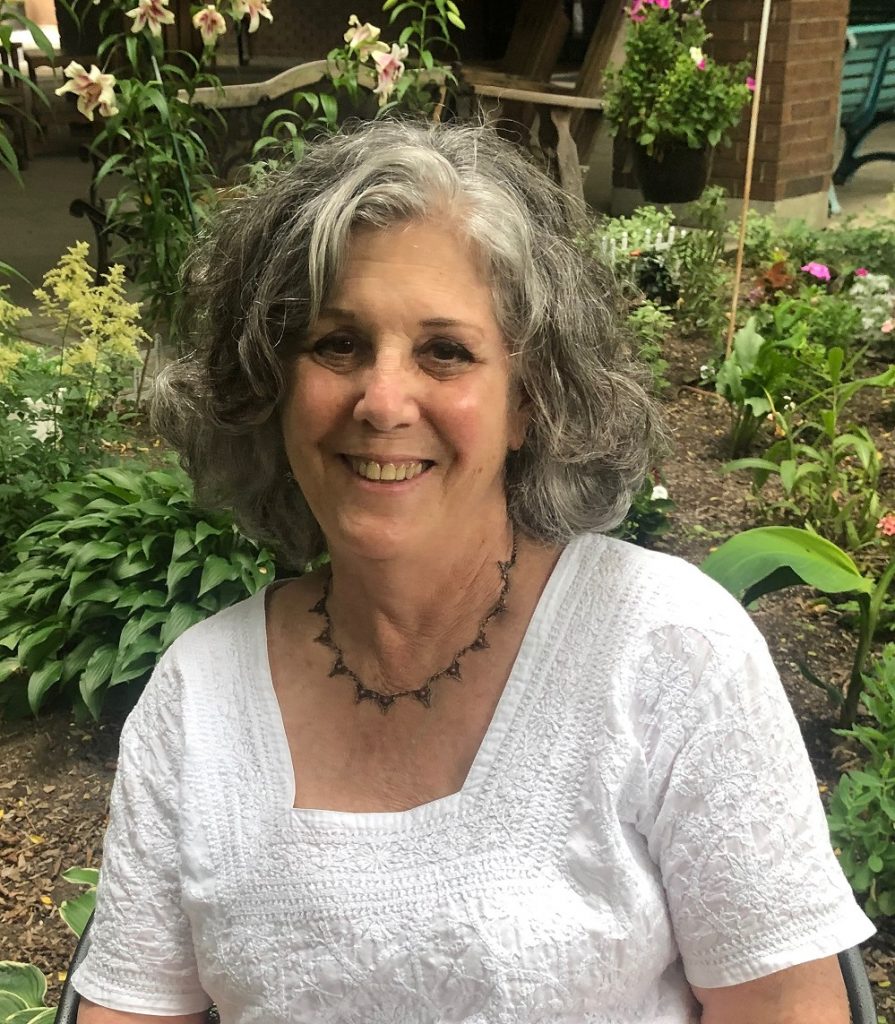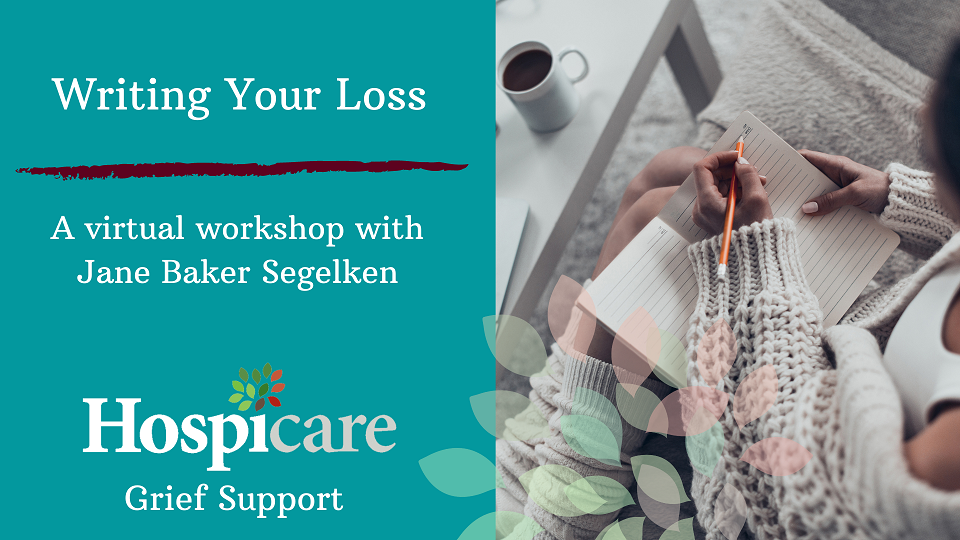By Jane Baker Segelken MA, MSW
Much research has been done about the therapeutic benefits of writing, something I can attest to from personal experience.
My interest in expressive writing began many years ago when I first started keeping an informal journal and wrote about some of my life’s more difficult experiences. While participating in a writing circle, I was diagnosed with breast cancer at age 41. Rather than dropping out of the group I continued, directing much of my time to writing about my journey. To my surprise, I discovered how much better I felt writing and then reading what I had written out loud. Building upon what I learned, I have facilitated numerous writing programs over the years, including several for grieving Hospicare family members.
The Value of Therapeutic Writing
Researchers James W. Pennebaker, Joshua Smyth, and others have shown that recording experiences involving traumatic events, such as illness, care giving, and loss, can help people restore their emotional and physical health. Some individuals report that even their blood pressure drops.

When referring to this type of narrative writing, various terms are used interchangeably: therapeutic writing, expressive writing, reflective writing, and writing to heal. What people mean when they use any of the terms is writing deep thoughts and feelings about stressful events.
Therapeutic writing allows us to process, understand, and resolve the traumatic experience — to gain insight into our feelings and emotions while gaining distance and perspective.

The Sessions
The most important thing to remember here is that participants do not need to be “writers.” The goal is to write, and it is perfectly acceptable to explore topics other than those I suggest. To be efficacious, participants should plan to attend all four sessions.
The sessions are structured so that each may include a short guided meditation; the reading of a story, poem, or essay; 20 to 45 minutes of writing; and 20 to 45 minutes of reading out loud. Writing by longhand or typing makes no difference in outcome, and participants should write in whatever mode they feel comfortable.
So that everyone feels safe and secure, everything that is said or done in the room stays in the room — complete confidentiality is mandatory. Participants may not comment on each other’s reading other than to say “thank you” to ensure that no one receives feedback that isn’t what he or she expects to hear and that there are no negative feelings. The sessions are not designed to offer counseling.
The goal is to begin to get your thoughts on paper not to end the workshop with finished pieces. It’s a beginning … a chance to start exploring your personal experience in a way that makes sense to you in a safe and supportive environment.
Register here.